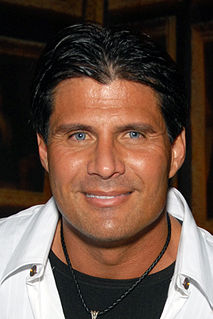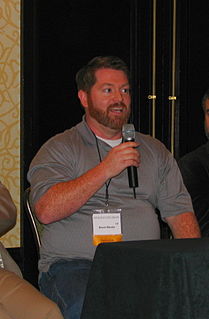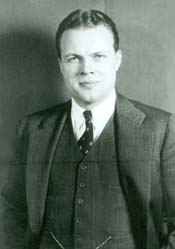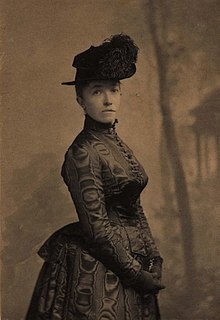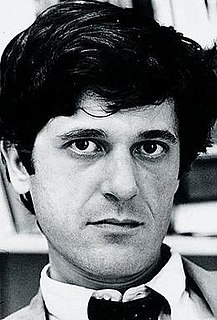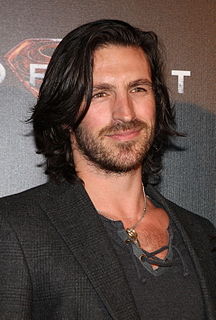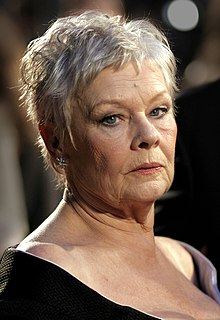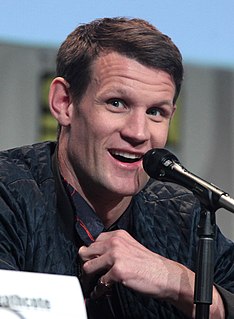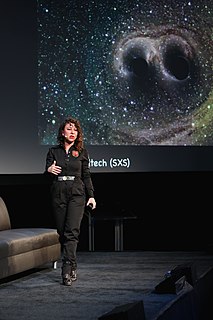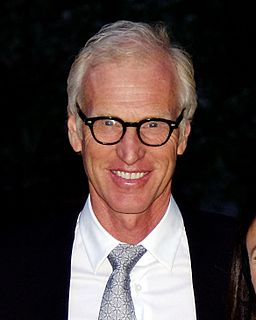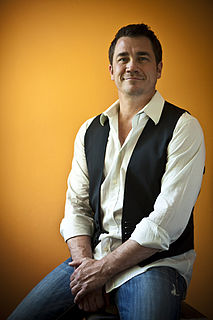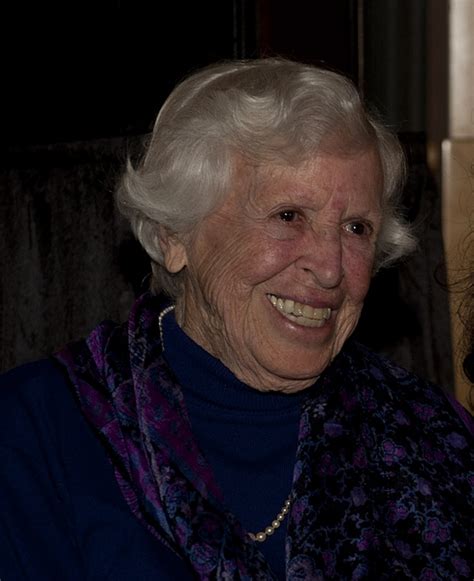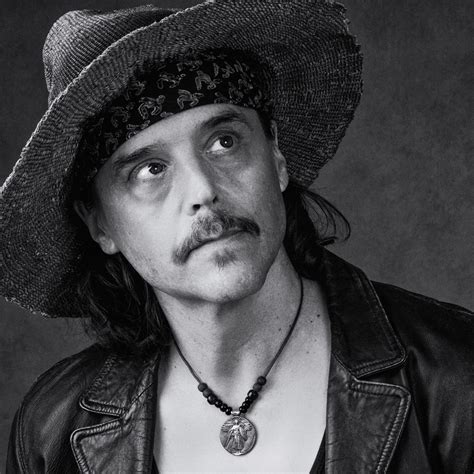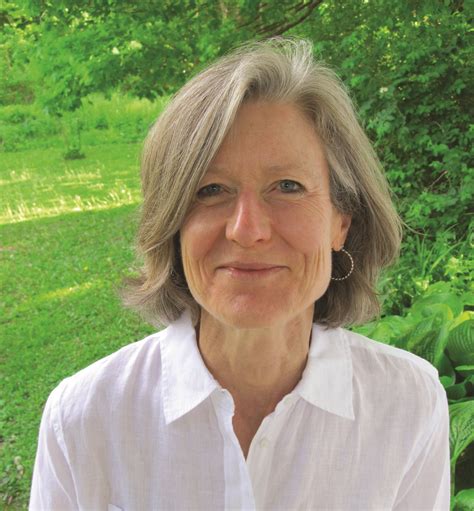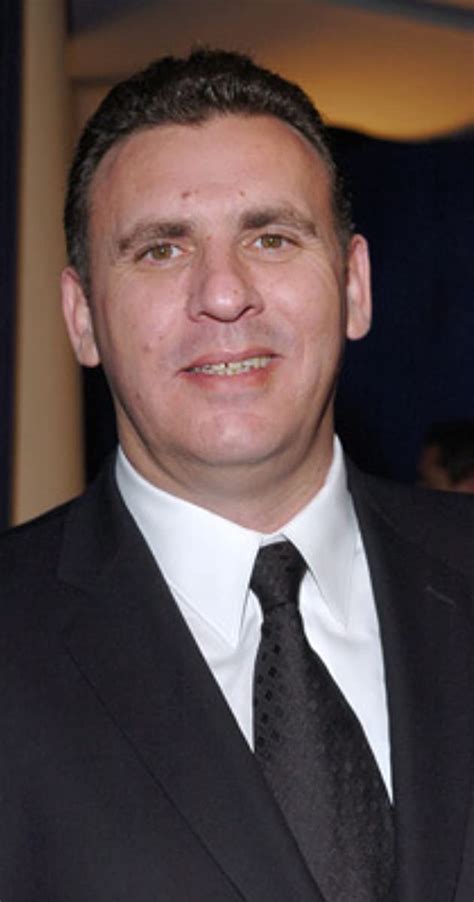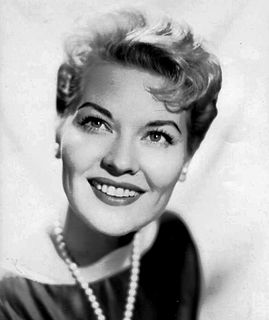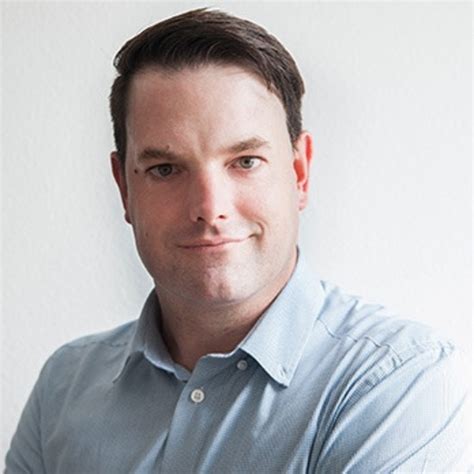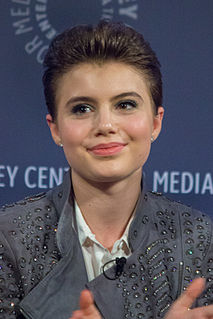Top 1200 Telling Your Story Quotes & Sayings - Page 5
Explore popular Telling Your Story quotes.
Last updated on April 22, 2025.
The movie not only about what story you're telling and who you're looking at. It's mostly about how you're telling it and how you're looking at it. And people who don't like it, who say, "Oh, it's not 'true' because you're looking at it in a stylized way" - it's a movie and it's fiction, so it's also a lot in the artistic direction that it is political.
I have a theory that, for people of color or others who have been cut out of the master narrative, just telling your personal survival tale, your story, is civic engagement. It is a kind of political performance and is really crucial in that storytelling is how the writers connect with people and change. It's how we collect and add to and complicate the master narrative.
The biggest threat to your creativity is the fear that it's already been done, said, created. (So why bother?)
Say it, do it, make it anyway - but tell YOUR story along the way.
The story of how you came to know what you know.
The story of what you want to know more of.
The story of why you do what you do.
The story of how you came to care.
And that's how you create what's never been created before.
It's writing songs within the structure of telling a story, so it becomes a platform for diverse songwriting, for a writing process that's broader than just figuring out a song. You're also dealing with always pushing the story forward, with casting the voices, with the orchestration, with the arrangements.
There is a kind of structure for a story that was peculiarly compelling for the radio. I thought I had invented it atom-by-atom sitting in an editing booth in Washington on M Street when I was in my 20s. Then I found out that it is one of the oldest forms of telling a story - it was the structure of a sermon.
Part of the job is knowing how to use this medium in the most effective way for the story you're telling, so for me, to pick a genre I want to do is a little harder. I would say it's more about thinking, 'What genre will work for what kind of story?' And then, when all of that comes, I embrace it and run with it.
I came across an old story of mine that I'd written a decade ago. The main joke of the story is that a mother is telling her children about how she met their father online. The majority of memories the mother has all have to do with really funny links he sent her, a music download that she loved, etc. - and because of these superficial details she fell in love with the father. Reading it today, it's hardly a dystopian story; it's simply a realistic story about how people actually meet.
I'd thought I'd constructed a really wonderful book, and the teacher told me that my story basically began on page fifty, and that I should throw out everything prior, or figure out a way to weave only the most important information back into the story, and keep the action moving forward. Wow. That was a really humbling experience. A real eye-opener. Made me realize there are so many aspects involved with telling a story.
It thought about the magic that happens when you tell a story right, and everybody who hears it not only loves the story, but they love you a little bit, too, for telling it so well. Like I love Ms. Washington, in spite of myself, the first time I heard her. When you hear somebody read a story well, you can't help but think there's some good inside them, even if you don't know them.
I can't even tell you what else I imagined. I can only humiliate myself to such a degree; at a certain point it becomes humorous, and this story is not meant to be humorous. This story is meant to winch your ribs open and tamper with your heart. This story is meant to make you realize that your chances of happiness in this world are terribly slim if you lack a fine imagination.
When you’re telling a story, you’re trying to connect to people in a particular way … The way in which you guys have inhabited this world, this universe, has made you part of it, part of the story. You are living in Firefly. When I see you guys, I don’t think the show is off the air. I don’t think there’s a show; I think that’s what the world is like. … The story is our lives.
I learned as a really young kid, when my dad was telling me one story and my mom was telling me another that, even as a 5-year-old boy, there was no way that both of these stories are true. Something in the middle is true, and I have to figure out what it is, what the truth is, and I never did quite figure that out.
Artists are not helper monkeys; they’re not in it to visualize 'your' story, because it stopped being 'your' story the moment you engaged in a collaborative medium. From here on in, it’s also the artist’s story, and if you’re working with an illustrator who’s any good at all, you as a writer have to tamp down any control-freak tendencies you suffer under and relax into the process.
I like the idea all memory is fiction, that we have queued a couple of things in the back of our minds and when we call forth those memories, we are essentially filling in the blanks. We're basically telling ourselves a story, but that story changes based on how old we are, and what mood we're in, and if we've seen photographs recently. We trust other people to tell us the story of our lives before we can remember it, and usually that's our parents and usually it works, but obviously not always. And everybody's interpretation is going to be different.
If you have to tell a story without speaking, it's sort of like - I come from a dance background, so it's like a ballet where you have to tell a story with just your body. I think that's really interesting to have to tell a story with just your face and your mannerisms, and I'd like to tap into that world.






